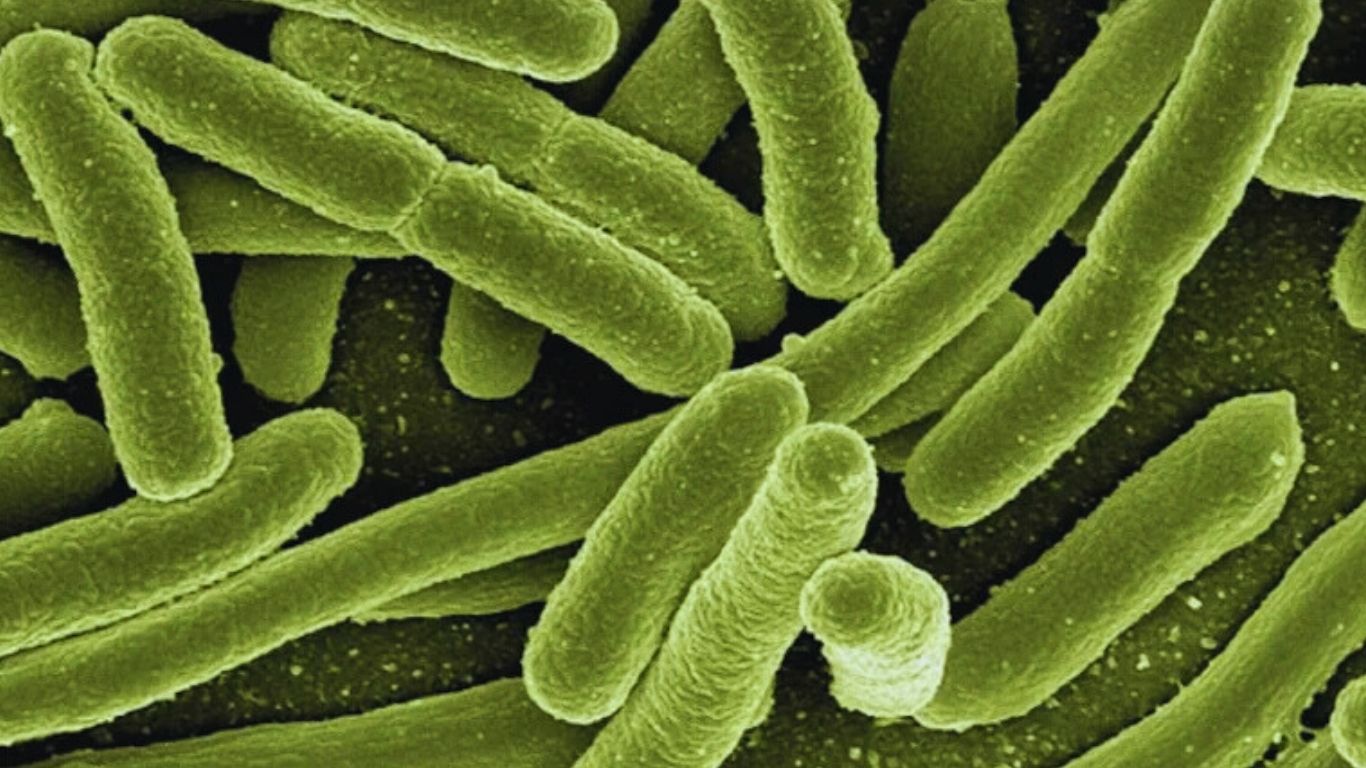India has reported three cases of Human Metapneumovirus (HMPV), with two detected in Karnataka and one in Gujarat. These cases, primarily affecting infants, have raised concerns due to the virus’s similarities to respiratory syncytial virus (RSV) and its resemblance to the early stages of the COVID-19 pandemic.
What is HMPV?
HMPV belongs to the Pneumoviridae family, the same as RSV. It typically causes:
- Upper respiratory infections (cold-like symptoms).
- Lower respiratory infections (bronchitis, pneumonia).
Symptoms of HMPV
The virus’s symptoms usually appear 3–10 days after infection and include:
- Cough, sore throat, and runny or blocked nose.
- Fever and breathing difficulties.
- Severe cases may lead to bronchitis or pneumonia, especially in high-risk groups like children, the elderly, and immunocompromised individuals.
HMPV Cases in India
In Karnataka:
- Patients: A three-month-old girl (with bronchopneumonia history) and a six-month-old boy.
- Symptoms: Fever, breathlessness, and respiratory distress.
In Gujarat:
- Patient: A two-month-old boy in Ahmedabad admitted with a respiratory infection.
- Symptoms: Cough and difficulty breathing.
Government and Health Authority Responses
Delhi Advisory Issued
- Preparedness Meeting: Chaired by Dr. Vandana Bagga, addressing response strategies.
- Recommendations: Enhanced monitoring and readiness for respiratory illnesses.
Union Health Ministry Actions
- Monitoring HMPV trends through ICMR and IDSP networks.
- Increased lab capacity to test for HMPV and other respiratory viruses.
- Confirmed no unusual surge in Influenza-Like Illness (ILI) or Severe Acute Respiratory Illness (SARI) cases.
State-Specific Measures
- Maharashtra:
- Urged residents to:
- Cover their mouths and noses while coughing or sneezing.
- Wash hands frequently with soap.
- Avoid crowded spaces if symptomatic.
- Urged residents to:
- Andhra Pradesh:
- No cases reported; authorities assured there is no cause for panic.
How Does HMPV Spread?
- Person-to-Person Transmission: Similar to COVID-19, via respiratory droplets.
- High-Risk Groups:
- Infants and young children.
- The elderly.
- Those with weakened immune systems.
Preventive Measures for HMPV
- Personal Hygiene:
- Wash hands regularly with soap and water.
- Avoid touching the face, especially the nose and mouth.
- Respiratory Etiquette:
- Cover mouth and nose while coughing or sneezing.
- Dispose of tissues properly.
- Isolation:
- Avoid crowded public spaces if symptomatic.
- Strengthening Immunity:
- Maintain a balanced diet and ensure adequate sleep.
Global Monitoring and Outlook
WHO and Global Updates
The World Health Organization (WHO) is closely monitoring the HMPV outbreak globally, particularly the surge in China. Beijing has reported a significant increase in respiratory infections, leading to overcrowded hospitals.
India’s Preparedness
India has a robust surveillance system for ILI and SARI, ensuring that any unusual spikes are identified and addressed promptly. The ICMR’s network will continue monitoring HMPV trends and expand testing facilities as a precaution.
Stay Vigilant but Not Alarmed
While the detection of HMPV cases has raised concerns, authorities have emphasized that there is no need to panic. With proactive measures by the government and health organizations, coupled with public awareness, India is well-prepared to manage the situation effectively.
FAQs
1. What is HMPV?
HMPV is a respiratory virus from the Pneumoviridae family, causing symptoms ranging from mild cold-like signs to severe respiratory infections.
2. Who is at risk of HMPV?
High-risk groups include children, the elderly, and people with weakened immune systems.
3. How is HMPV treated?
There is no specific treatment for HMPV. Management involves supportive care, such as hydration, rest, and fever reducers.
4. How can HMPV be prevented?
Maintain good hygiene, practice respiratory etiquette, and avoid crowded places when symptomatic.
5. Is HMPV as severe as COVID-19?
While it can cause severe respiratory illnesses in vulnerable populations, it is not currently considered as widespread or severe as COVID-19.















